What to Do If Your UAE eVisa Application is Denied
Receiving a denial for your UAE eVisa application can be a disheartening experience, but don’t worry—it’s not the end of your journey. Understanding why your application was rejected and knowing the steps to take next can significantly improve your chances the second time around. In this article, we will guide you through the common reasons for rejection, the steps to take after your application is denied, and how to avoid common mistakes in future applications. We’ll also discuss the importance of seeking professional help and reapplying with accurate information.
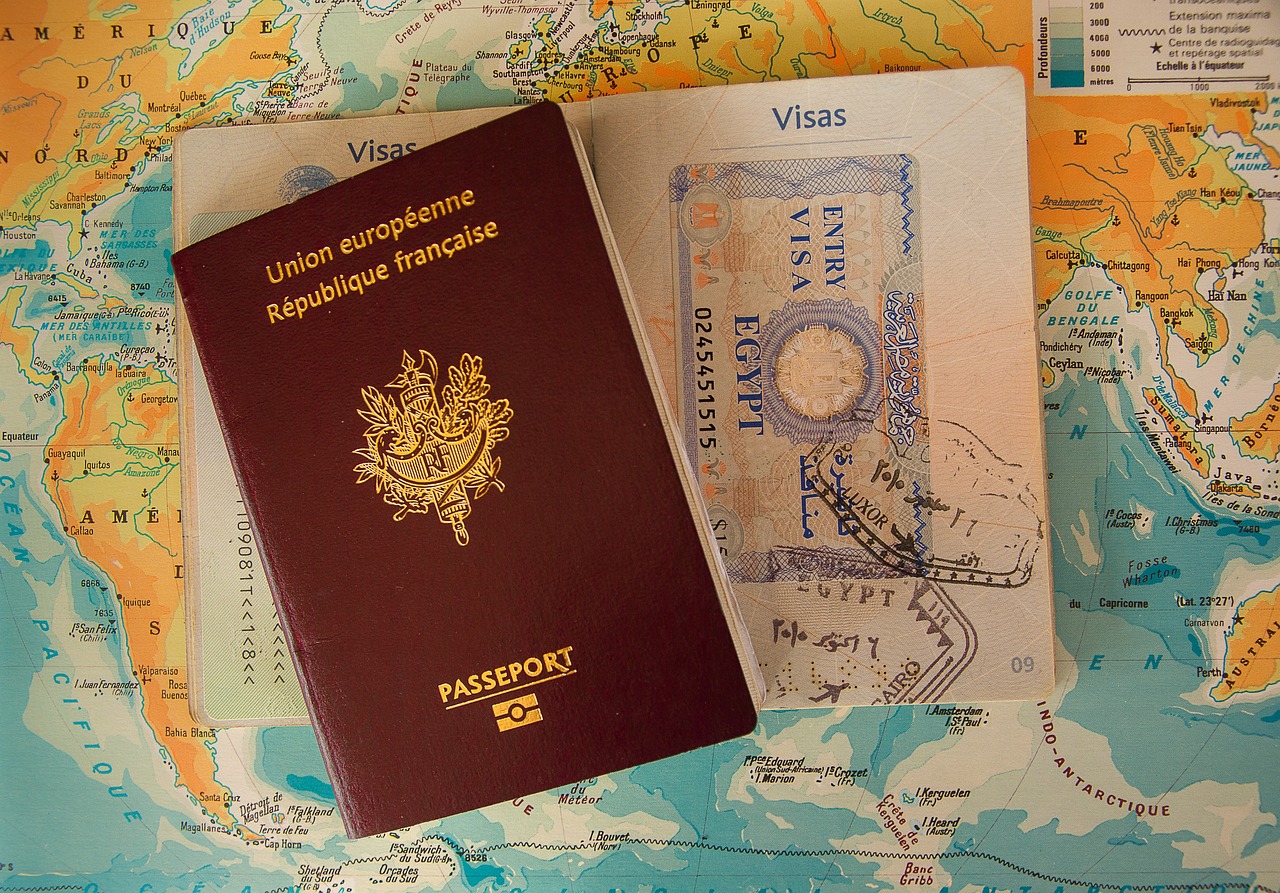
Understanding UAE eVisa Rejection
Common Reasons for Rejection
The UAE immigration authorities may reject eVisa applications for several reasons. Common issues include handwritten passports from countries like Pakistan and Bangladesh, typo errors, and blurry photo scans. Other reasons are previous criminal records, incomplete or missing documents, and submitting an application with a similar identity to another applicant. Unskilled labor professionals and females under 22 traveling alone are also more likely to have their visas rejected. Addressing these issues can significantly improve your chances of approval.
Impact of Previous Visa Applications
Having a previously applied for active visa can affect your new application. If you didn’t cancel a prior visa, your new application might get rejected. This also applies to employment visas; failing to cancel an active employment visa can be a roadblock. It’s crucial to ensure that any former visa applications are fully resolved before submitting a new one. This can prevent unnecessary delays and complications in the visa approval process.
Importance of Accurate Information
Accuracy is crucial when applying for a UAE eVisa. Incorrect or misleading information can lead to immediate rejection. This includes typos, misinformation, and errors in your application. Ensure all fields are accurately filled and that your supporting documents are in order. Double-checking your application for these common mistakes can save you a lot of time and frustration. Accurate information not only speeds up the process but also increases the likelihood of a positive outcome.
| Information | Description |
|---|---|
| Handwritten passports | Common in Pakistan and Bangladesh; often leads to rejection |
| Typo errors | Incorrect information can cause immediate rejection |
| Incomplete documents | Missing documents are a frequent reason for rejections |
| Criminal records | Applicants with past criminal records in UAE will be rejected |
| Active visas | Previous active visas must be cancelled before applying for a new one |
| Unskilled professionals | Listed professions deemed „unskilled” have higher chances of rejection |
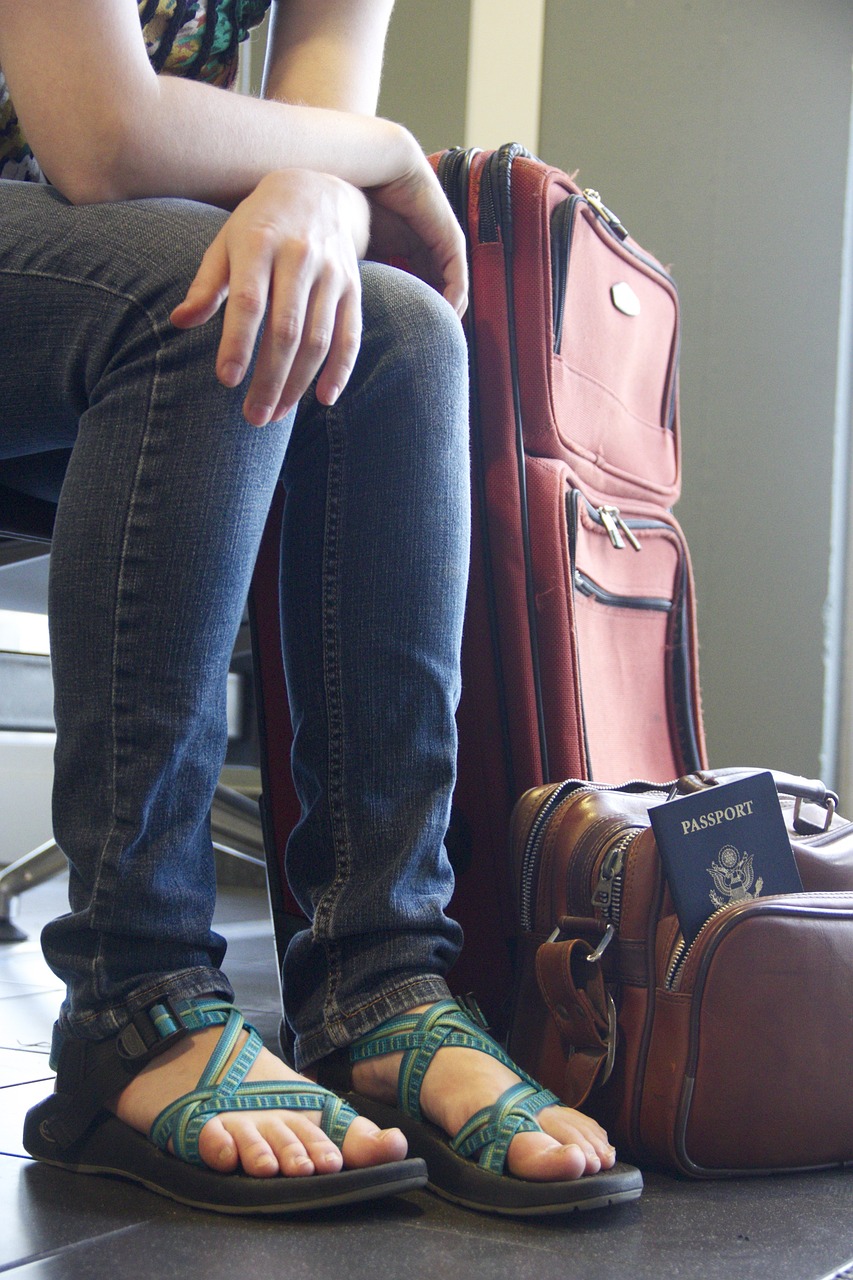
Steps to Take After Your UAE eVisa Is Denied
Contacting the Embassy or Consulate
The first step after a visa denial is to contact the embassy or consulate to understand the specific reason for the rejection. They can provide a letter or detailed explanation, which will help you address the issues in your next application. This step is crucial because different cases have different reasons for rejection, and knowing the exact cause can guide you in correcting it effectively.
Reaching Out to Your Sponsor
If you have a sponsor, they can be an invaluable resource. Your sponsor can help identify the reason for the rejection and take steps to rectify the issue. Sponsors have experience dealing with visa applications and can offer valuable advice on how to improve your application. They may also have contacts within the immigration authorities that can expedite the process.
Utilizing Visa Assistance Services
Visa assistance services can provide professional help to navigate through the complexities of the visa application process. These services offer tailored advice and can significantly increase your chances of approval. They can help you understand the reasons for rejection, correct errors, and submit a more robust application. These services often come with a fee but can save you a lot of time and hassle.
Correcting and Resubmitting Your Application
After identifying the reasons for your visa rejection, the next step is to correct and resubmit your application. Ensure that all errors are fixed and that all required documents are included. Double-check the accuracy of the information provided. Taking the time to carefully review and correct your application can make a significant difference in your chances of approval the second time around.
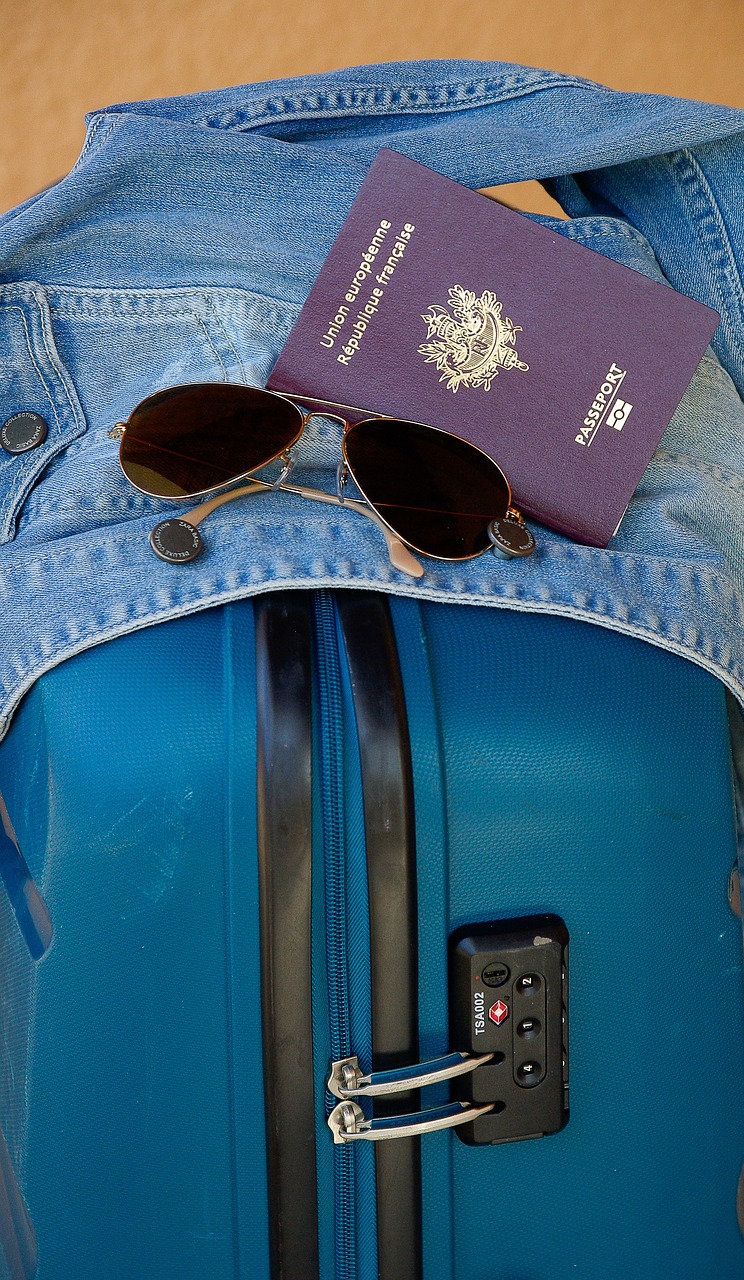
Seeking Professional Help
Role of Travel Agencies
Travel agencies can play a crucial role in assisting with your visa application. They have the expertise and experience to guide you through the process, ensuring that all requirements are met. They can help identify common pitfalls and provide advice on how to avoid them. Their services can be especially beneficial for those who have had their applications rejected in the past.
Services Offered by Royalvisa UAE
Royalvisa UAE offers comprehensive services to help with visa rejections. They provide 24/7 support and tailored services to address your specific needs. With a success rate of 99.99%, their services are highly reliable. They can assist in correcting errors, filling out new applications, and providing necessary documentation. Utilizing their services can significantly improve your chances of obtaining a visa.
Consulting Visa Experts
Consulting visa experts can provide specialized advice tailored to your situation. These experts are familiar with the nuances of the visa application process and can offer insights that are not readily available elsewhere. They can help identify the exact reasons for rejection and provide actionable steps to correct them. Consulting a visa expert can be especially beneficial for complex cases or those with unique circumstances.
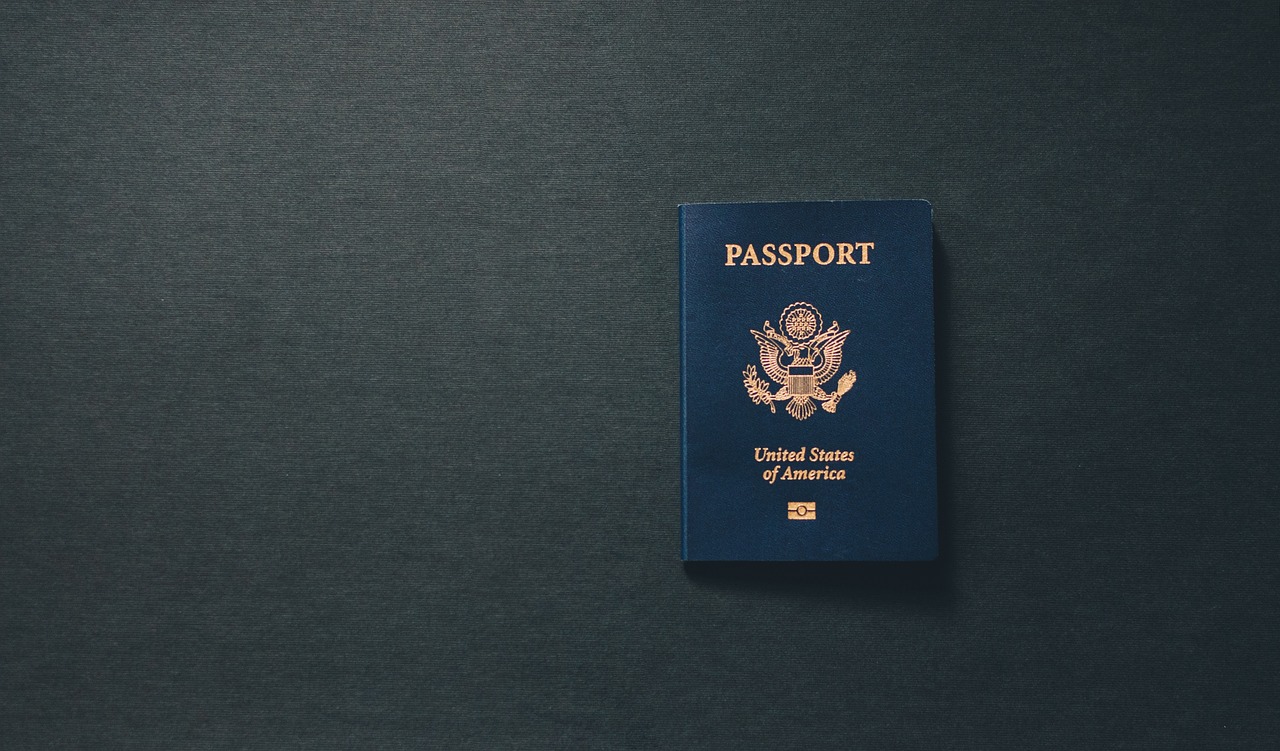
Reapplying for a UAE eVisa
Waiting Period Between Applications
After a visa rejection, it’s essential to observe the recommended waiting period before reapplying. Although the cooling period for reapplying is not always specified, it’s advisable to wait and address any issues thoroughly. Rushing to reapply without fixing the problems can lead to another rejection. Taking time to ensure all aspects of your application are correct can save you from repeated denials.
Addressing the Cause of Rejection
Addressing the cause of your visa rejection is crucial for a successful reapplication. Identify the reasons for rejection provided by the embassy or consulate and take steps to correct them. Whether it’s providing additional documents, correcting typos, or ensuring your passport meets the requirements, addressing these issues can improve your chances of approval.
Submitting a New Application
Once you have addressed the reasons for your previous visa rejection, you can submit a new application. Ensure that all information is accurate and complete, and that you have included all necessary documents. Double-check the application for any errors or omissions. A carefully prepared application can significantly increase your chances of obtaining a visa.

Common Mistakes to Avoid in Your Application
Typos and Misinformation
One of the most common reasons for visa rejection is typos and misinformation. Ensure that all information in your application is accurate and free from errors. Double-check names, dates, and other critical details. Even small mistakes can lead to a rejection.
Incomplete or Missing Documents
Submitting an application with incomplete or missing documents is a sure way to get rejected. Make sure to include all required documents and ensure they are up-to-date. Double-check the list of required documents provided by the immigration authorities to ensure nothing is missing.
Issues with Passport Copies
Passport issues are another common reason for rejection. Ensure that your passport is valid and that the copies are clear and not blurry. Handwritten passports, common in countries like Pakistan and Bangladesh, are often rejected. Ensure your passport meets all the requirements before submitting your application.
Photograph Specifications
Photograph specifications are often overlooked but are crucial for a successful visa application. Ensure that your photograph meets the specified requirements, such as size, background color, and clarity. Double-check the photograph requirements before submitting your application to avoid unnecessary rejections.
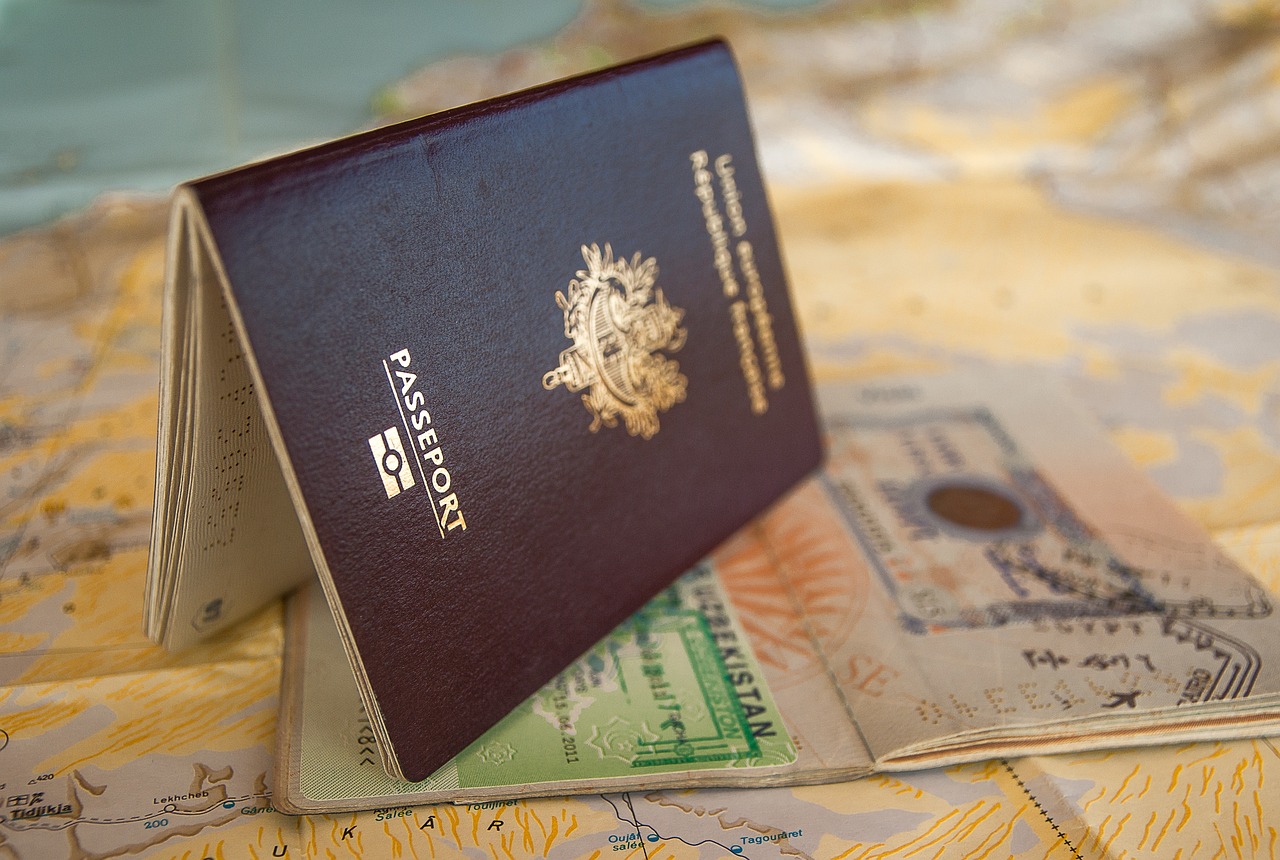
Special Considerations
Traveling Alone as a Woman
Women under the age of 25 traveling alone may face additional scrutiny in their visa applications. The UAE has strict laws regarding women traveling alone, and applications from women in this category are more likely to be rejected. Ensure you meet all the requirements and provide any additional documentation that may be required.
Handwritten Passports from Pakistan and Bangladesh
Handwritten passports are common in Pakistan and Bangladesh but are frequently rejected by UAE immigration authorities. Ensure that your passport is machine-readable and meets all the specified requirements. Upgrading to a machine-readable passport can significantly improve your chances of visa approval.
Unskilled Labor Professionals
Applications from unskilled labor professionals are more likely to be rejected. The UAE has specific requirements for different professions, and those deemed „unskilled” have higher chances of rejection. Ensure that your profession is accurately represented and meets the requirements specified by the UAE immigration authorities.
Applicants with Criminal Records
Applicants with past criminal records in the UAE are more likely to face rejection. Ensure that your application is transparent and that you provide all necessary documentation. Disclose any past issues and provide explanations or supporting documents to address them.

Checking Your Visa Status
Using the Embassy Website
You can check the status of your visa application through the embassy website. Most embassies offer online tools to track the status of visa applications. This can provide you with real-time updates and help you stay informed about the progress of your application.
Role of the UAE Immigration Authorities
The UAE immigration authorities are responsible for processing visa applications and providing updates on their status. They also inform applicants of the reasons for rejection. Stay in touch with the immigration authorities to get timely updates and address any issues that may arise during the application process.
Understanding the Notification Process
Understanding how you will be notified about your visa status is crucial. Notifications can come via email, phone, or through the online visa application portal. Keep an eye on your registered email and other communication channels to ensure you don’t miss any important updates regarding your visa application.
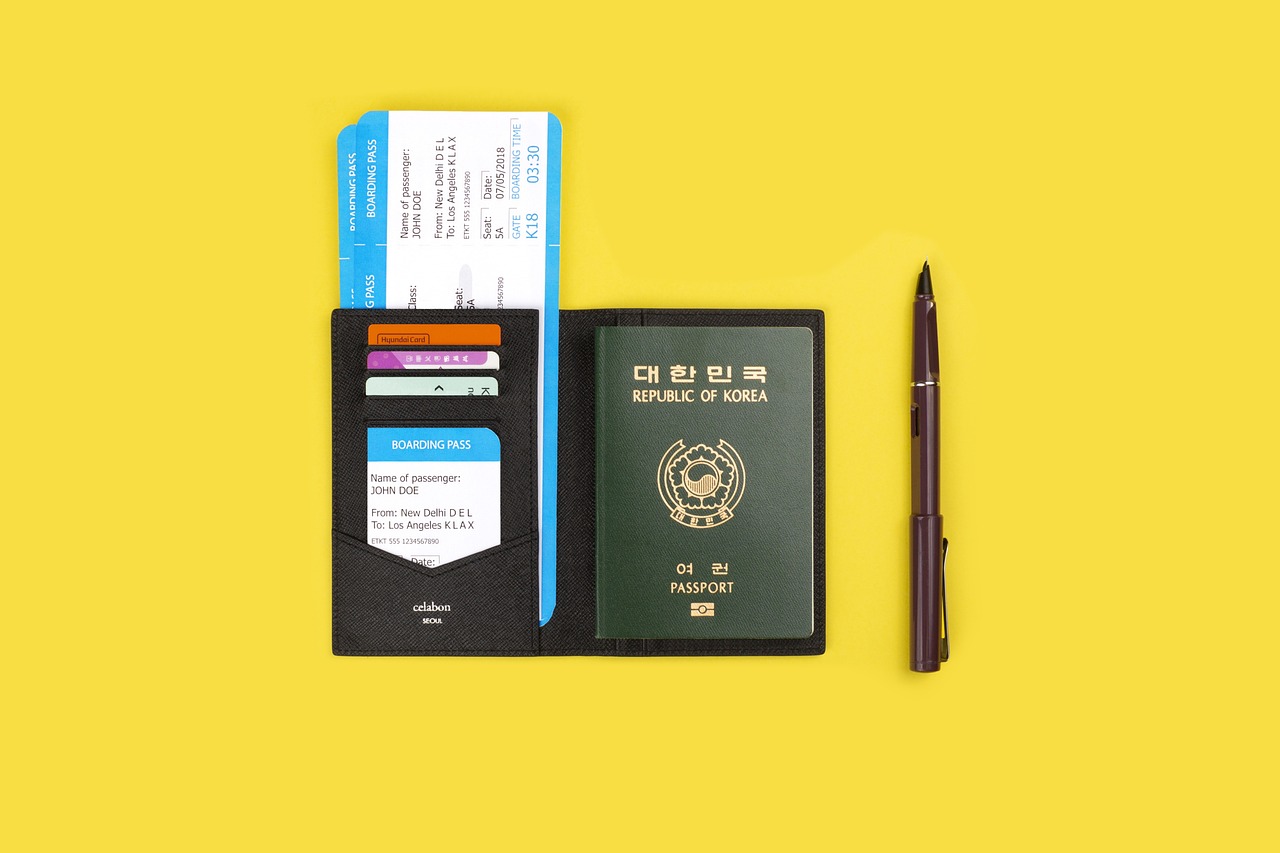
Financial Considerations
Non-Refundable Visa Fees
The visa application fee for the UAE is non-refundable, even if your application is rejected. This means that you won’t get your money back if your visa is denied. It’s important to be aware of this before you apply and ensure that your application is as accurate and complete as possible.
Cost of Reapplying
If your visa application is rejected, you will need to pay the application fee again when reapplying. This can be a financial burden, especially if you need to apply multiple times. Budget accordingly and consider the costs involved in reapplying for a visa.
Budgeting for Professional Assistance
Seeking professional assistance for your visa application can incur additional costs. However, this investment can be worthwhile if it increases your chances of approval. Budget for these services and consider them as part of your overall visa application expenses.
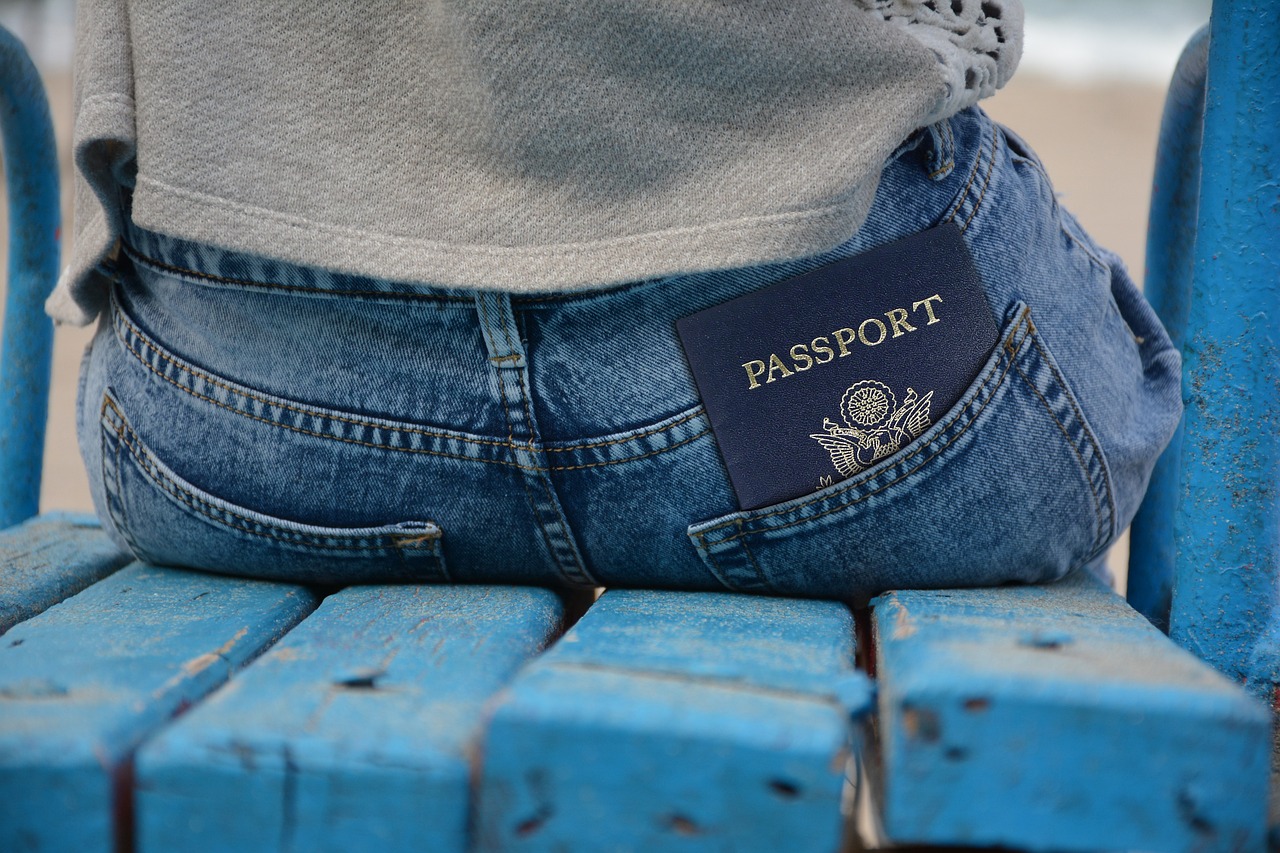
Conclusion
Ensuring a Successful Application
Ensuring a successful visa application involves careful planning and attention to detail. Address any issues that led to previous rejections and ensure your application is accurate and complete. Double-check all information and include all required documents to improve your chances of approval.
Leveraging Available Resources
Utilize all available resources, including embassy contacts, sponsors, visa assistance services, and travel agencies. These resources can provide valuable guidance and support, increasing your chances of a successful application. Don’t hesitate to seek help when needed.
Staying Informed and Prepared
Stay informed about the visa application process and any changes to the requirements. Being prepared and knowledgeable can make a significant difference in your application’s success. Keep yourself updated and ensure you meet all the specified requirements to avoid unnecessary rejections.
